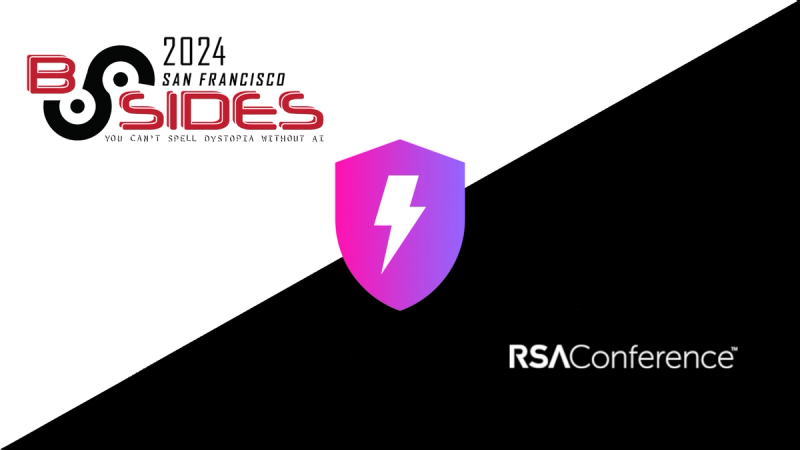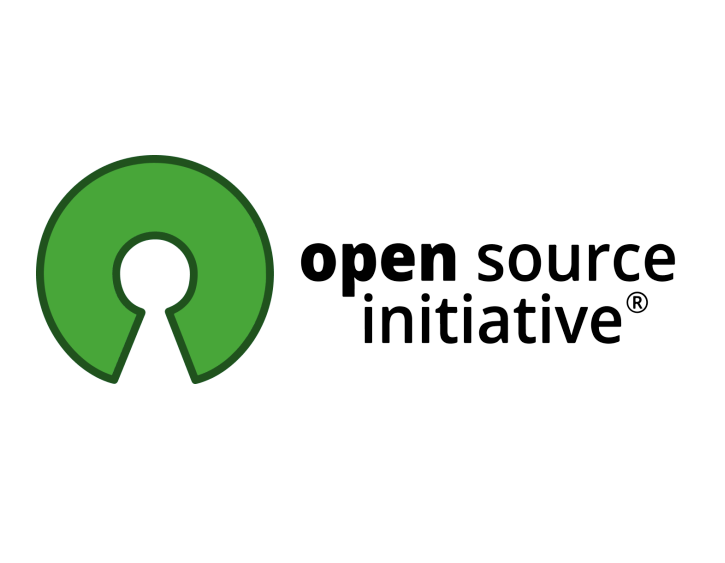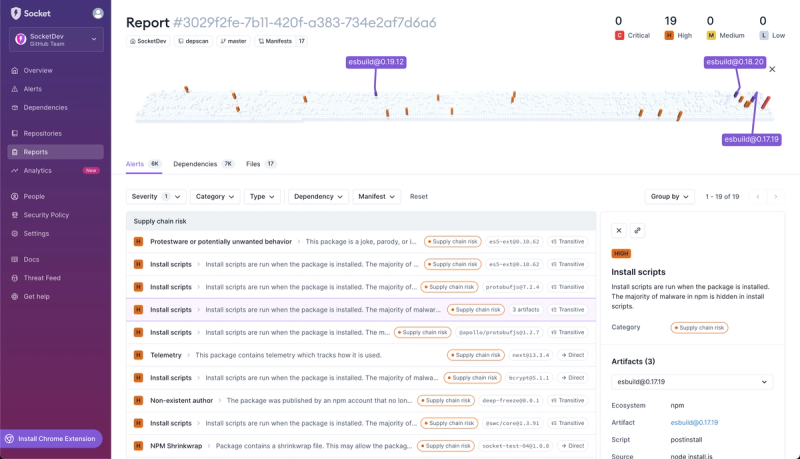
Company News
Connect with Socket at RSA and BSidesSF 2024
Come meet the Socket team at BSidesSF and RSA! We're sponsoring several fun networking events and we would love to see you there.
google-bard724
Advanced tools
Weekly downloads
Readme
Google Bard724 is an npm package that provides an Axios API wrapper for making HTTP requests to the Bard API. It simplifies the process of interacting with the API by encapsulating the necessary logic in a reusable class.
To use this package in your project, you need to have Axios installed. You can install both packages using npm:
npm install google-bard724
To use the API wrapper, import it into your JavaScript file:
const Api = require('google-bard724');
// Create an instance of the API wrapper
const bardcookie = 'your-bard-cookie';
const api = new Api(bardcookie);
// Make an API request
async function askQuestion(question) {
try {
const response = await api.ask(question);
console.log(response);
} catch (error) {
console.error(error);
}
}
askQuestion('What is the meaning of life?');
Replace 'your-bard-cookie' with your actual Bard API cookie. If no cookie is provided or if it is invalid, an error will be thrown.
The ask method sends a GET request to the Bard API with the specified question and bardcookie. It returns a Promise that resolves to the response data from the API.
To use the API wrapper with saving the chats, import it into your JavaScript file:
const Api = require('google-bard724');
// Create an instance of the API wrapper
const bardcookie = 'your-bard-cookie';
const api = new Api(bardcookie, {
saveChats: true,
saveChatsPath: './chats.json',
saveChatsLimit: 6,
});
// Make an API request
async function askQuestion(question, chatId) {
try {
const response = await api.ask(question, chatId);
console.log(response);
} catch (error) {
console.error(error);
}
}
async function test() {
await askQuestion('My name is Alex?', 'USER#0000');
await askQuestion('What is my name?', 'USER#0000');
}
test();
Replace 'your-bard-cookie' with your actual Bard API cookie. If no cookie is provided or if it is invalid, an error will be thrown.
Replace './chats.json' with your actual path to the file where you want to save the chats.
Replace 6 with the desired maximum number of chats you want to save per chatId.
The ask method sends a GET request to the Bard API with the specified question and bardcookie. It returns a Promise that resolves to the response data from the API.
Note: You have to create the file where you want to save the chats before running the code and make sure that the file code is {}.
const bardcookie = '<your-bard-cookie>'; // replace <your-bard-cookie> with your account number
Make sure to replace <your-bard-cookie> with the appropriate account number when storing the cookie in the bardcookie variable.
If the Bard API returns an error, it will be propagated as an exception. Make sure to handle errors appropriately in your code.
The source code for this package is hosted on GitHub. You can submit bug reports or contribute to the project on the issues page.
This package is licensed under the ISC License.
FAQs
security holding package
The npm package google-bard724 receives a total of 0 weekly downloads. As such, google-bard724 popularity was classified as not popular.
We found that google-bard724 demonstrated a healthy version release cadence and project activity because the last version was released less than a year ago. It has 0 open source maintainers collaborating on the project.
Did you know?

Socket for GitHub automatically highlights issues in each pull request and monitors the health of all your open source dependencies. Discover the contents of your packages and block harmful activity before you install or update your dependencies.

Company News
Come meet the Socket team at BSidesSF and RSA! We're sponsoring several fun networking events and we would love to see you there.

Security News
OSI is starting a conversation aimed at removing the excuse of the SaaS loophole for companies navigating licensing and the complexities of doing business with open source.

Product
We're introducing dependency visualization for reports - get a quick impression of the state of your dependencies without getting lost in the details.